Warning Signs of a Heart Attack
Heart attacks (myocardial infarctions, or MI’s) are caused by a blockage of a blood vessel that delivers blood to the heart itself (usually a coronary artery). This leads certain areas of heart muscle to be oxygen deprived and to slowly start to die and cease function.
Heart attacks are sometimes very difficult to recognize since many of the symptoms associated with it are common for other conditions, like those for acid reflux or anxiety. The symptoms and severity of symptoms experienced vary from person to person.
One person might experience immediate excruciating pain, while another may only feel mild discomfort. Here are a few symptoms one might experience while having an MI:
Chest pain/pressure:
One of the primary symptoms of a myocardial infarction in pressure built-up in chest areas. This is because there is less oxygen delivery to the heart due to the blockage causing a buildup of blood near the site.
This pain is likely to travel to other parts of the upper body like the neck, shoulders, arms, back, jaw and teeth. In men the pain most commonly starts in the left arm.It is important to recognize that experiencing such discomfort for more than a few minutes requires immediate medical attention.
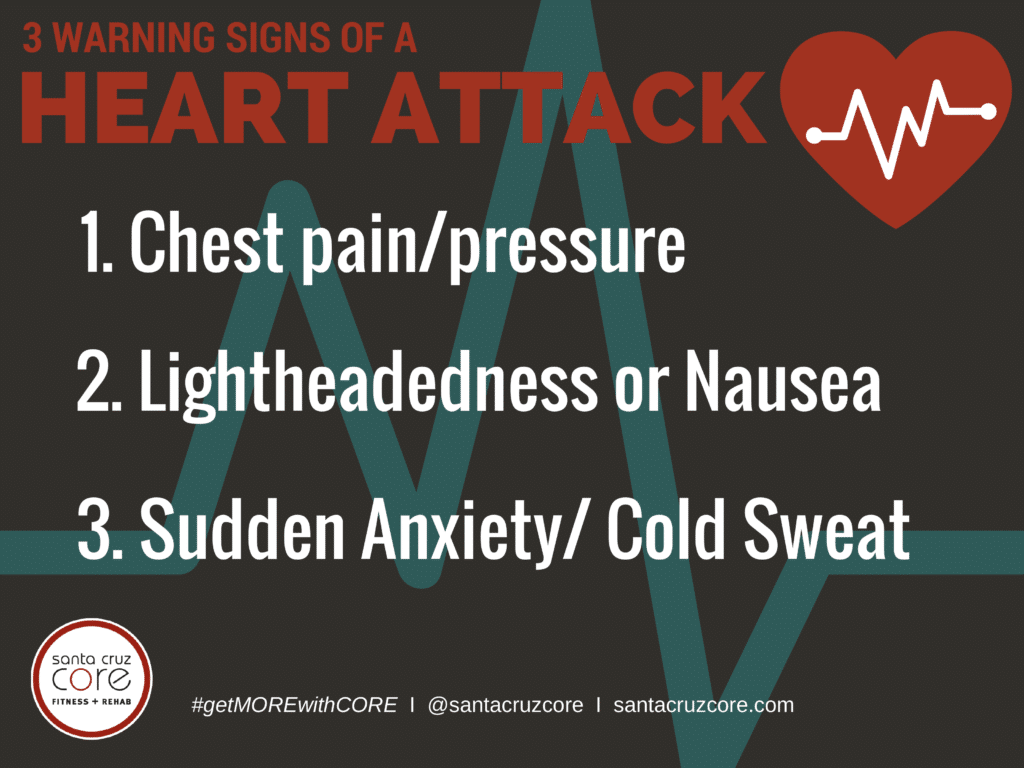 Lightheadedness or Nausea:
Lightheadedness or Nausea:
The blockage that is causing the heart attack is also stopping proper blood flow, and therefore proper oxygen delivery to parts of the body like limbs and the brain. This more than often leads to a feeling of fatigue and dizziness that can progress to indigestion and abdominal pain. These symptoms can also lead to a sick feeling and even vomiting.
Sudden Anxiety/ Cold Sweat:
The blockage causing the heart attack and that is depriving parts of the body of oxygen is also causing the heart to work much harder than normal. Because the body recognizes that not enough blood and oxygen is coming through, it tells the heart to pump blood much harder in hopes of getting that blood through to tissues that need it.
This can cause symptoms similar to anxiety, in which one is tachycardic and there is a feeling of panic. The extra work put forward by the heart in turn leads one’s body sweating to compensate for body temperatures rising above normal levels.
It is important to recognize that these symptoms can come in different forms of severity for every individual, and at times only one or two of these symptoms might be experienced. Symptoms are also likely to come in intervals in which there is temporary alleviation followed by another episode of discomfort.
The more of these symptoms that are experience however, the more likely that an individual is indeed experiencing a myocardial infarction. If one experiences symptoms likes those described above for over a few minutes, immediate medical attention is necessary. Call 911 or direct someone to do so as soon as you notice, better safe than sorry.
It is important to recognize that these symptoms can come in different forms of severity for every individual, and at times only one or two of these symptoms might be experienced. Call 911 or direct someone to do so as soon as you notice anything unusual.


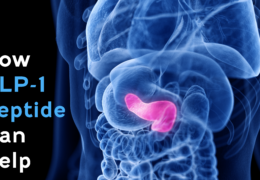


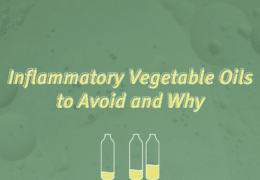
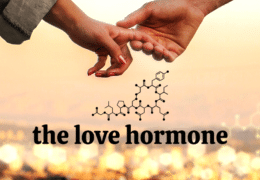
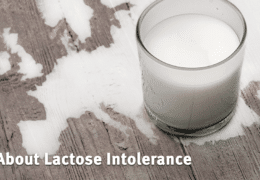


[…] (a type of arteriosclerosis) are major causes of CVDs including myocardial infarction (a heart attack), coronary heart disease, cardiomyopathy, and sudden cardiac […]